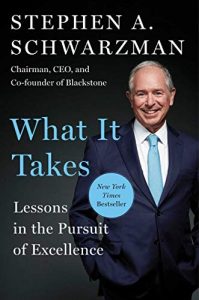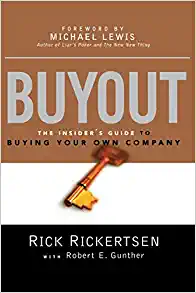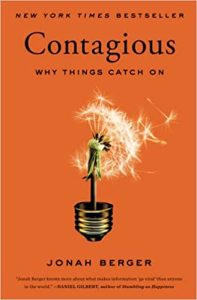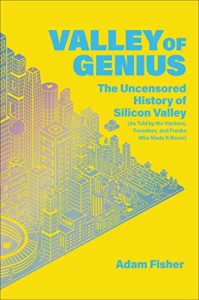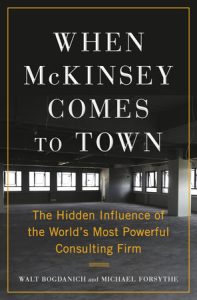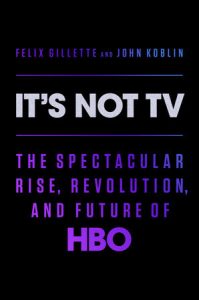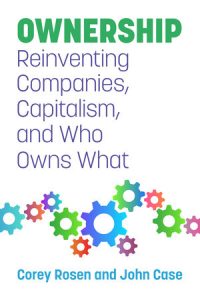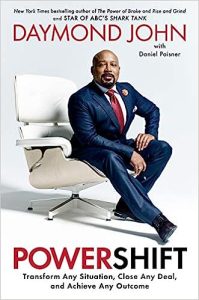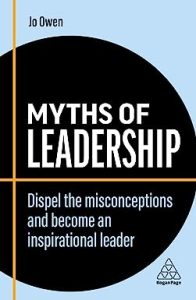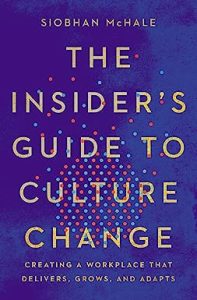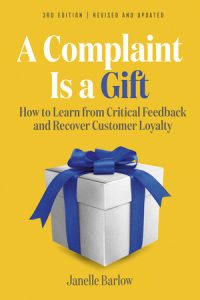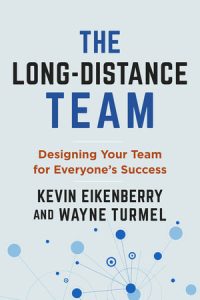The Intelligence Revolution
₦10,000.00We all know about driverless cars, automated production lines and chatbots but how do you ensure your business keeps up and where do you start? Bestselling author and strategy guru, Bernard Marr, argues that AI absolutely applies to your business and explains how to design an AI strategy that will guarantee its success. The Intelligence Revolution explores the opportunities and challenges that come with this monumental new taskforce that is defining the new standards of business.
Guiding us through intelligent products, services and work processes, The Intelligence Revolution illustrates how new technologies are impacting customer experience, product and service design and work efficiency. Bernard Marr delights us with fascinating case studies of businesses excelling at maximizing the potential of AI like Netflix, Autodesk, Disney, Rolls Royce and Amazon.
Don’t be left behind. Instead, discover how to turbocharge your business.


